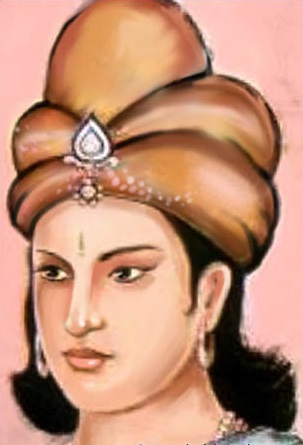The world’s first Buddhist ruler, Emperor Ashoka, who ruled India form 274-232 BCE, was the first king in history to ban slavery, the death penalty, animal cruelty, and deforestation.
Among other deeds he even advocated gender equality in education and religious institutions, a cause even our modern world struggles to achieve.
However, before his famous conversion to Buddhism, he was described in Buddhist texts “as bad-tempered and of a wicked nature. He built Ashoka’s Hell, an elaborate torture chamber described as a “Paradisal Hell” due to the contrast between its beautiful exterior and the acts carried out within by his appointed executioner, Girikaa. This earned him the name of Chanda Ashoka (Caṇḍa Aśoka) meaning “Ashoka the Fierce” in Sanskrit.”

Among these other horrific deeds Ashoka was a prolific conquer and brutally destroyed the neighbouring nation of Kalinga. Afterwards it appears from many accounts that he took a distaste to violence and death. The most well known in Buddhist discussions is Ashoka’s famous monologue after beholding the suffering he caused:
What have I done? If this is a victory, what’s a defeat then? Is this a victory or a defeat? Is this justice or injustice? Is it gallantry or a rout? Is it valor to kill innocent children and women? Did I do it to widen the empire and for prosperity or to destroy the other’s kingdom and splendor? One has lost her husband, someone else a father, someone a child, someone an unborn infant…. What’s this debris of the corpses? Are these marks of victory or defeat? Are these vultures, crows, eagles the messengers of death or evil?
Although his laws were seemingly modern and seem to have had a legacy on humankind and his apparent change in character is an important event in the history of great kings and conquers.